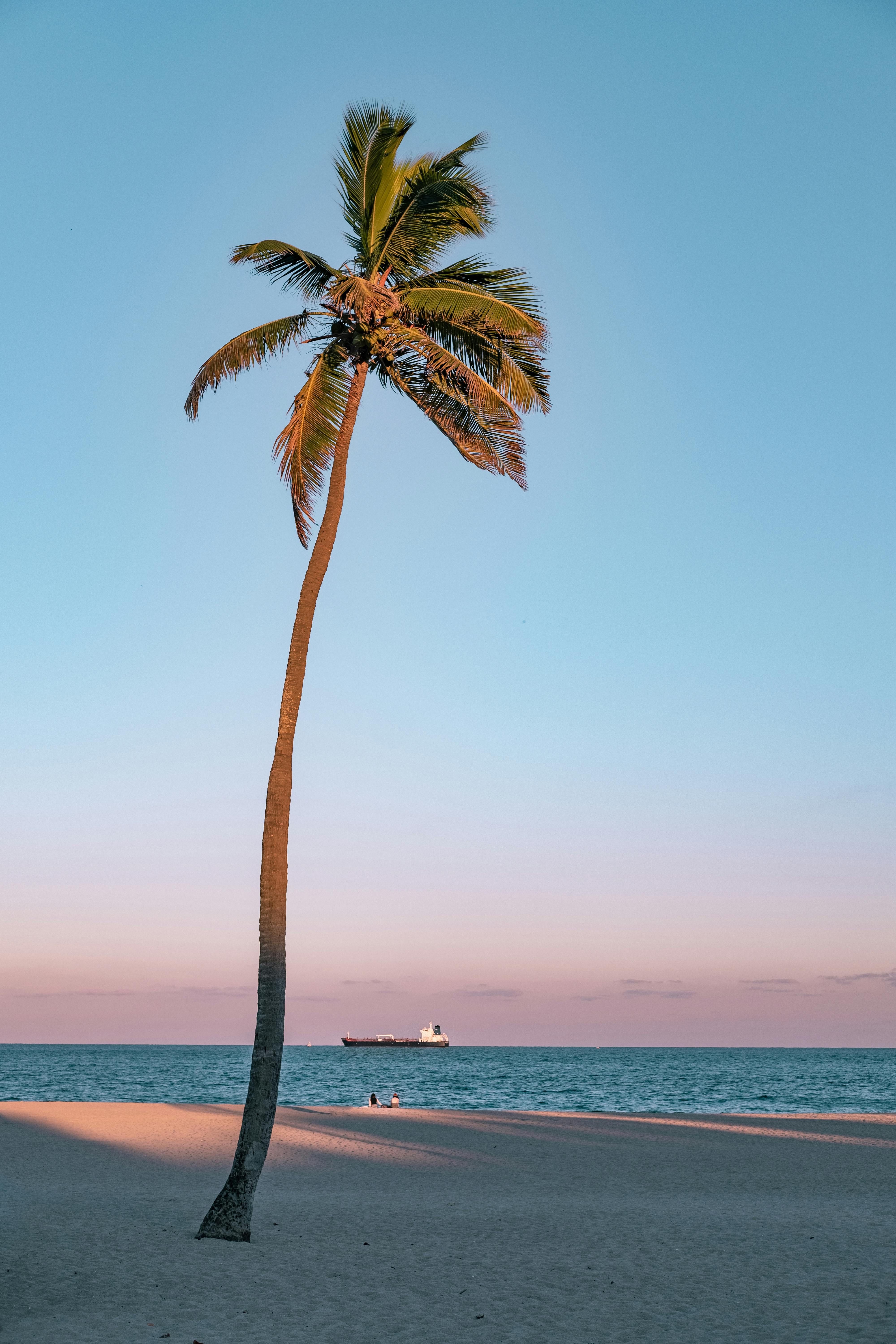Anniversary Commemoration of Nazi Germany's Defeat in Russia Honored through Parade Festivities
Celebrating Glory and Defiance: The Russian Victory Day Parade
MOSCOW - Amidst the backdrop of ongoing geopolitical tensions, Russia held a grandiose military parade on Friday to commemorate the 80th anniversary of the defeat of Nazi Germany in World War II - a day known as Victory Day in the nation.
Averted Eyes, United World:With over two dozen world leaders attending the parade, Russia was intent on projecting its global power, slowly mending fences in an attempt to counterbalance the West amid the prolonged conflict in Ukraine.
World War II, a revered, historic event in Russia's tumultuous history, serves as a powerful catalyst for national pride and reminds the world of Russia's stature as a significant worldwide player. The country lost an estimated 27 million people during the conflict, leaving a lasting emotional scar that continues to shape its identity.
Russia Stands Tall:The displays of military might and global solidarity echoed Russia's determination to emphasize its standing among the victors of WWII. Furthermore, it underscored the nation's resistance to Western efforts to brand it as a global pariah, as the presence of key figures like Chinese President Xi Jinping and Brazilian President Luiz Inácio Lula da Silva underscored.
A New Era of Diplomacy:Russian President Vladimir Putin, who has led the country for 25 years, sees the anniversary parade as a cornerstone of his legacy. The event has become a vital pillar in his rule, wielding the symbolism of victory to embolden nationalism, patriotism, and justify both his domestic policies and international ambitions.
On Parade:undefinedThe parade in Moscow showed off more than 11,500 troops and over 180 military vehicles, including tanks and armored infantry vehicles. Onlookers witnessed the display of Russia's nuclear capabilities with the appearance of huge Yars nuclear-tipped intercontinental ballistic missile launchers. The spectacle also highlighted the importance of drones, a crucial focal point in modern warfare, as they were showcased on various military trucks.
Expanding Alliances:Military parades and functions weren't confined to Moscow, as cities across Russia saw collaborative events taking place amid increased security measures. In a symbolic gesture, St. Petersburg reverted to its former Soviet name, Leningrad, for a day, and Volgograd briefly returned to Stalingrad - names that evoke the enormity of the Soviet sacrifice during WWII.
A Seemingly Unwavering Ceasefire:Despite allegations of war crimes and continuous clashes in Ukraine, Ukraine ratified a U.S. minerals deal, signaling a renewed effort on economic cooperation, while Moscow and Kyiv debated the feasibility of a 72-hour ceasefire. Meanwhile, wounded feelings lingered on the sidelines as several European officials gathered in Lviv, Ukraine, to endorse the creation of a special tribunal to prosecute Russian officials accused of war crimes.
From the ashes of World War II, the nations of the world evolved, with the anniversaries of the end of the war serving as a reminder of humanity's ability to heal, adapt, and coexist in the face of adversity. The intricate dance of geopolitics continues, with the Russian Victory Day parade representing a significant step in the ongoing global power struggle.
Further Reading:
Russia declares a 72-hour ceasefire in Ukraine for next week to mark Victory Day in World War II
Vietnam celebrates 50 years since war's end with focus on peace and unity
Ukraine accuses Russia of violating own truce more than 700 times as Kyiv ratifies U.S. minerals deal
Enrichment Insights:
The significance of Russia's Victory Day parade in Moscow highlights several key aspects:
Significance of the Parade
- Historical Context: The parade commemorates the Soviet Union's victory over Nazi Germany in World War II, a momentous event in Russian history. It serves as an opportunity to renew national pride and assert the nation's global power status[2][3].
- Military Display and Defiance: The parade showcases Russia's military might, serving as a symbol of wartime defiance in the face of international condemnation and ongoing conflicts like the invasion of Ukraine[1][2].
- International Support and Diplomatic Efforts: Russia seeks to gain international support and counterbalance Western isolation through the participation of world leaders. However, the attendance of only a few European leaders and Western condemnation may indicate ongoing diplomatic tensions[2].
Impact on Relations with Other Countries
Western Countries
- Perception of Aggression: The parade reinforces Western perceptions of Russia as a nation that celebrates war rather than peace. This could exacerbate already strained relations and perpetuate narratives of Russian aggression[1].
- Diplomatic Isolation: The parade's attempt to demonstrate global engagement does not fully mitigate Russia's diplomatic isolation from much of Europe and the West[2].
Non-Western Allies and Multipolarity
- Multipolar Strategy: The parade and attendance of leaders from non-Western countries further underlines Russia's pursuit of a multipolar world system, promoting unity and challenging Western influence[3].
- Economic and Political Alignment: The alignment with countries like China, Brazil, and Venezuela aids Russia economically and politically, strengthening its standing in international affairs[1][3].
- The Russian Victory Day parade, celebrating the 80th anniversary of World War II's end, was attended by numerous world leaders, aiming to project Russia's global power and mend international fences.
- In California, government officials issued a warning about potential crime during the parade, emphasizing the need for vigilance and security in wake of ongoing geopolitical tensions.
- Amidst the parade's grandeur, Putin revelled in the event as a cornerstone of his legacy, strengthening nationalist and patriotic sentiments to justify both domestic policies and international ambitions.
- In an unexpected move, Putin also emphasized the importance of digital security, hinting at the role of politics and general news in today's cyber warfare.
- Prior to the parade, there had been reports of power outages across several cities in Russia, with some suggesting Putin may use the parade as a distraction to address the underlying issues in the country's energy infrastructure.








